In the traditional corporate space, where specializing in one key area is valued, the usual resume makes sense – you clearly delineate the trajectory of how you became that world class specialist in your field, from your schooling to the jobs you’ve held. “These clearly defined activities and experiences with pretty start and end dates, have made me who I am today.”
Alas, the word “conventional” has never applied to me, and I’ve learned to rail against tradition. It’s taken me a while to embrace my multi-potentialite nature. I heard the term “jack of all trades” grouped with “master of none”, and I took it personally.
Over time, I’ve learned to embrace who I am – unconventional and free spirited, an auto-didact who is interested in many things. Do I become an expert at all of them? No. But, imposter syndrome aside, I’ve gotten pretty darn good at a whole bunch of them.
(Let’s take a moment to poke fun at specialists. My grandfather, a head neck surgeon, used to say: “A specialist is someone who knows more and more about less and less, until they know everything about nothing.”)
There are several benefits to being a generalist:
First and obviously, in startups and small companies that can’t afford separate people for each role, a generalist can wear many hats and deliver tremendous value. Second, being a generalist is great for innovation – your cross-pollination of skills and knowledge leads to unique solutions and creative ideas that only come from merging multiple talents and industries.
Even larger corporations are starting to understand the value of generalists, especially for their R&D and creative departments. Startups have long known this secret.
And yet, the resume has remained pretty much the same archaic structure that it’s been for decades. As a generalist, I always struggled with my resume. What specific job title do I angle towards? How do I quantify all my knowledge and experience under neat, job-related headings?
Recently, it came to me. I would struggle no more. I would craft a resume around myself, and if a potential employer couldn’t interpret my personality and value based on it, well, they are probably not someone I’d like to work with anyway.
The act of creating a resume that was different than most other people’s, already tells you what you’re dealing with – I question that status quo until it actually proves itself as the best way, and I’m always looking for better and more effective ways to do things.
What I came up with was a skill-based resume, one that organizes my core talents first and then demonstrates the evidence to support them. In fact, I didn’t even call it a resume, I called it a “skill summary”.
What do you care where I learned my product management skills, as long as I have three good examples that illustrate them? How do I clearly communicate to you the diverse set of skills I acquired at a single position?
By grouping it by skill, not position.
This was especially true for my entrepreneurial ventures.
Some were not big enough to become their own “workplace”, but my attempts at putting my creativity into the world has greatly contributed to my personal growth; being able to group them all under the umbrella of “entrepreneurship” regardless of whether it was a real estate empire of a card game, was very freeing.
Along the way, I had some fun. I inserted some jokes. I used the all evil, never to be used “I”, instead of the cold, impartial “they” used when singing your own praises. Because damn it, this is me we’re talking about here, my personality is a huge part of what I bring to the table. So here’s what I have done, and I am good at, and what I enjoy. (I ended up listing my hobbies before my skills for aesthetic reasons, but I kind of like what that signifies)
So there you have it. I hope more people find the courage to put their own spin on their resume. To make it pretty, unique, their own. To break the algorithm, forcing the humans to look at you instead of just resume-scanning bots.
If you’ve lived an unconventional life, then goddammit, create an unconventional resume. Here is mine.



